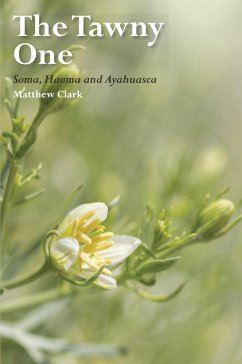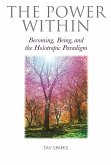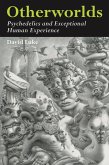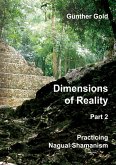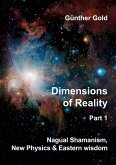A modern exploration of ancient wisdom relating to psychoactive plants.
The ancient ritual drink used in religious ceremonies and known as soma in India and as haoma in the Zoroastrian tradition is praised in the highest terms - as a kind of deity - in both Zoroastrian and Vedic texts, which date from around 1,700 - 1,500 BCE.
It is said to provide health, power, wisdom and even immortality.
Many theories have been published about the possible botanical identity of this 'nectar of immortality', a plant which appears to have psychedelic/entheogenic properties.
Matthew Clark spent several years researching and travelling widely in his quest of soma and in his fascinating, original and highly readable book, Clark reviews scholarly research, explores mythology and ritual and shares his extensive knowledge of psychoactive plants and fungi.
The author suggests that the visionary soma drink was based on analogues of ayahuasca, using a variety of plants, some of which can now be identified.
The ancient ritual drink used in religious ceremonies and known as soma in India and as haoma in the Zoroastrian tradition is praised in the highest terms - as a kind of deity - in both Zoroastrian and Vedic texts, which date from around 1,700 - 1,500 BCE.
It is said to provide health, power, wisdom and even immortality.
Many theories have been published about the possible botanical identity of this 'nectar of immortality', a plant which appears to have psychedelic/entheogenic properties.
Matthew Clark spent several years researching and travelling widely in his quest of soma and in his fascinating, original and highly readable book, Clark reviews scholarly research, explores mythology and ritual and shares his extensive knowledge of psychoactive plants and fungi.
The author suggests that the visionary soma drink was based on analogues of ayahuasca, using a variety of plants, some of which can now be identified.
Dieser Download kann aus rechtlichen Gründen nur mit Rechnungsadresse in A, D ausgeliefert werden.

